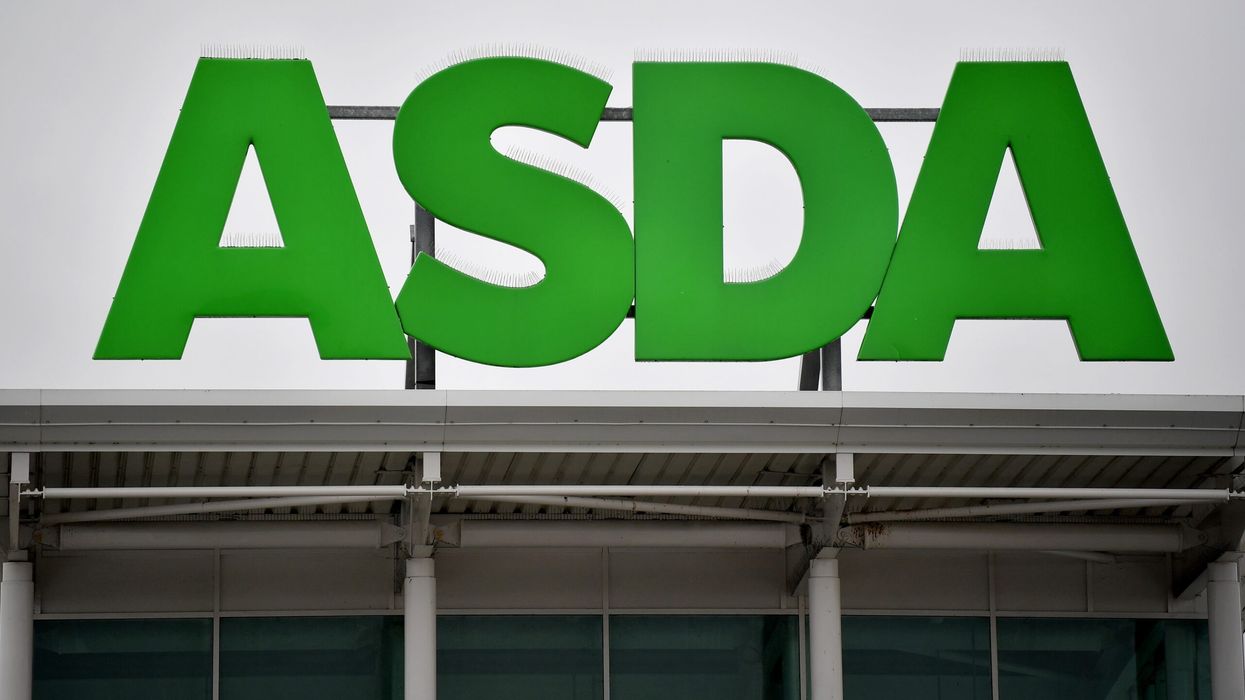Lord Rose of Monewden, chairman of Asda, has expressed his concern over the supermarket's declining market share, urging its owner, Mohsin Issa, to step back from daily operations.
Asda, which ranks as Britain’s third-largest supermarket, recently reported a 2.2 per cent decline in quarterly revenues and a 5.3 per cent drop in like-for-like sales. Data from Kantar indicates that Asda's market share has decreased from 13.6 per cent to 12.7 per cent, as it loses ground to competitors such as Tesco, Sainsbury's, and Morrisons.
"I am going to be perfectly honest with you. I’ve been in this industry for a long time, and I am slightly embarrassed. I won’t deny that. I don’t like being second, third, or fourth. And if you look honestly now at the comparative numbers of Kantar or whatever index, we are not performing as well as we should be. I don’t like that,” Rose told The Telegraph.
Asda is 67.5 per cent owned by TDR Capital, a private equity firm, with Mohsin Issa holding a 22.5 per cent stake. Earlier this year, Zuber Issa, Mohsin's brother, sold his 22.5 per cent share to TDR to focus on other ventures. The Issa brothers and TDR Capital acquired Asda for £6.8 billion in 2021, with Walmart retaining a 10 per cent stake.
Rose, 75, who previously served as chairman of Marks & Spencer, stated that Mohsin Issa should withdraw from the daily management of Asda to help the supermarket recover.
"I wouldn’t encourage him to [intervene in operations], and I am the chairman," Rose said. He added, "We always said Mohsin was a particular horse for a particular course. He is a disrupter, an entrepreneur, he is an agitator. We’ve added a significant number of stores and we’ve changed a lot, but it now needs a different animal. In the nicest possible way, Mohsin’s work is largely complete."
Michael Gleeson, Asda's chief financial officer, outlined plans last week to invest in improving the store estate, increase staff hours to ensure faster shelf replenishment, and build customer loyalty, reported The Times.




